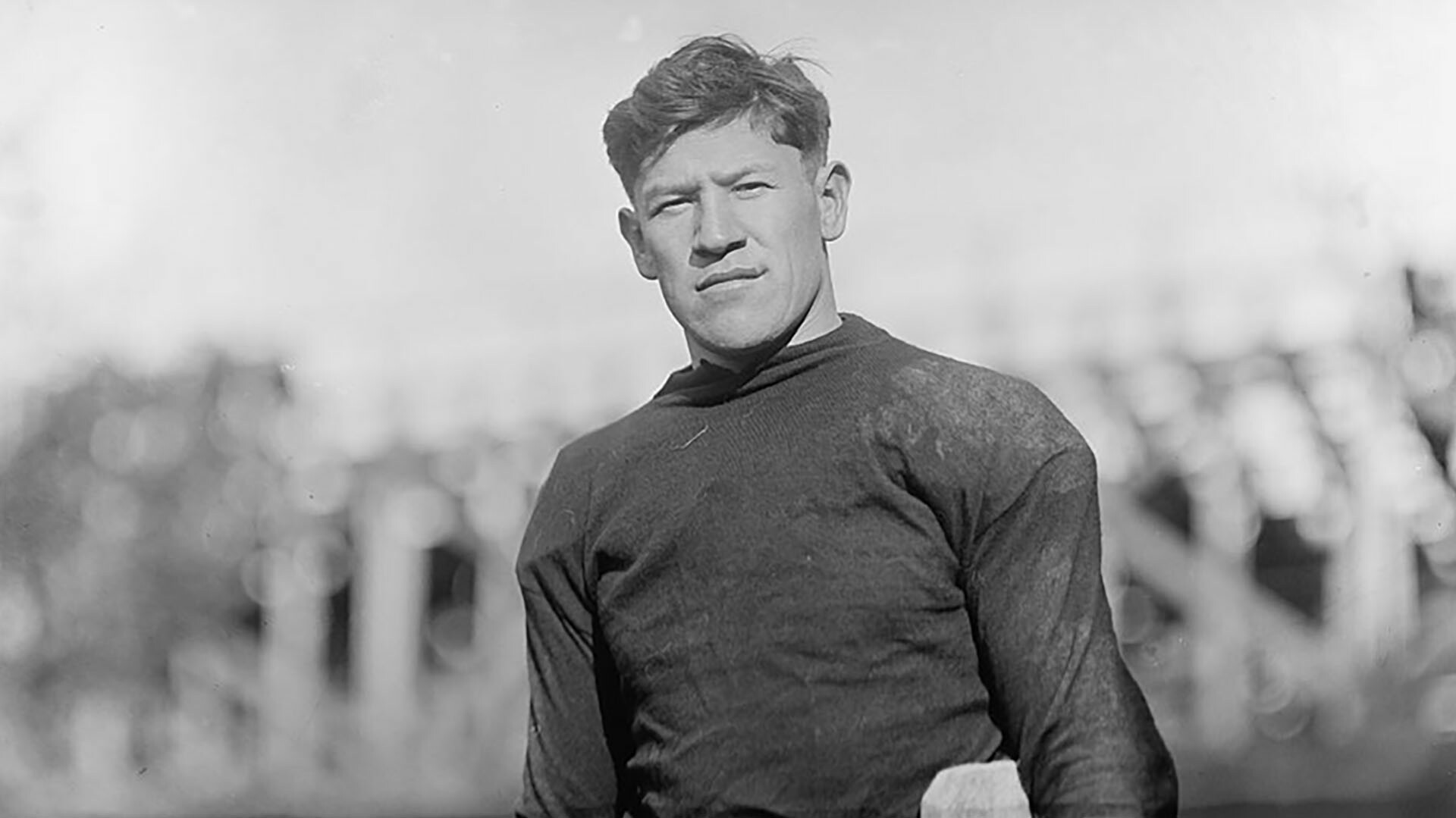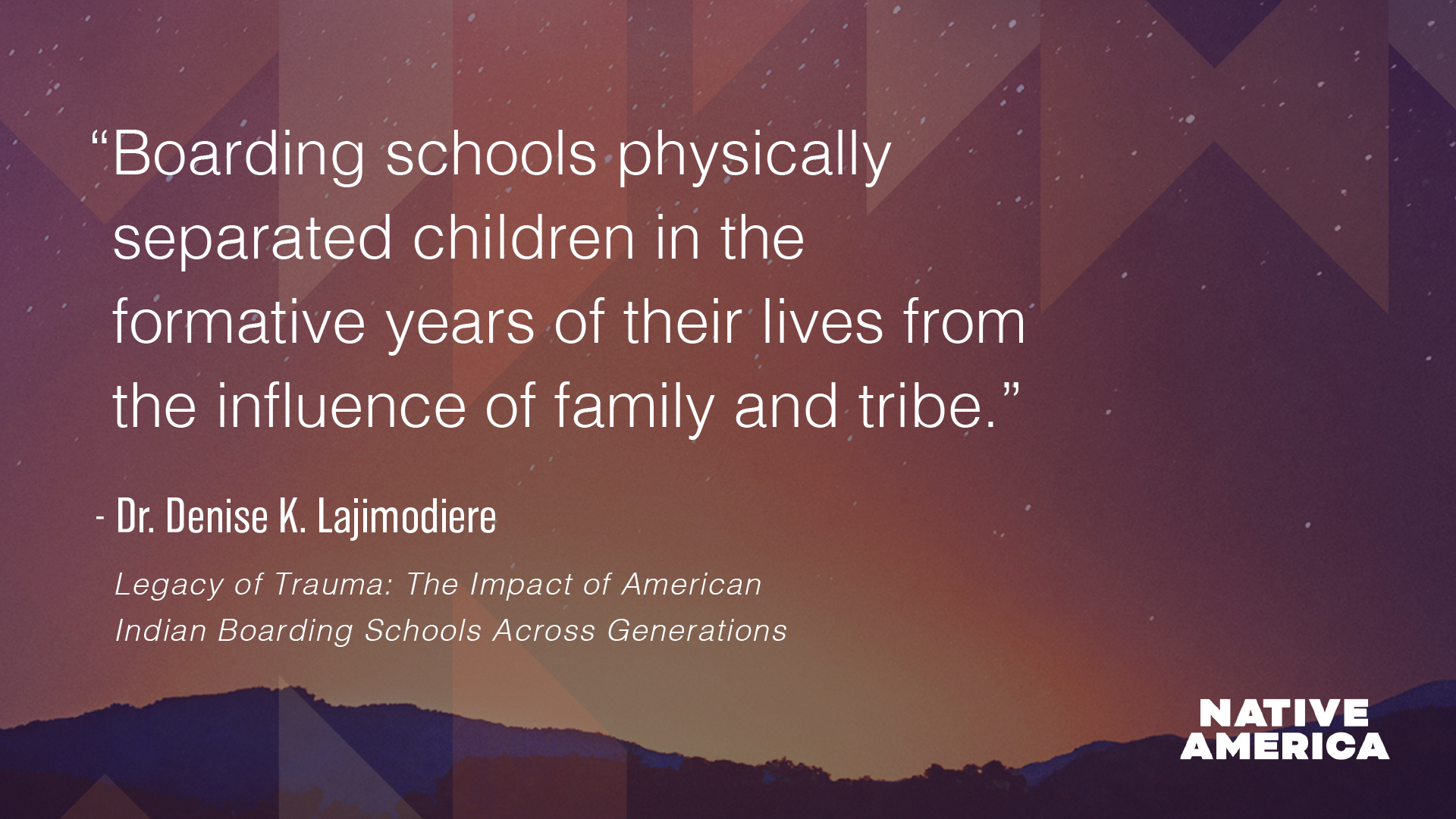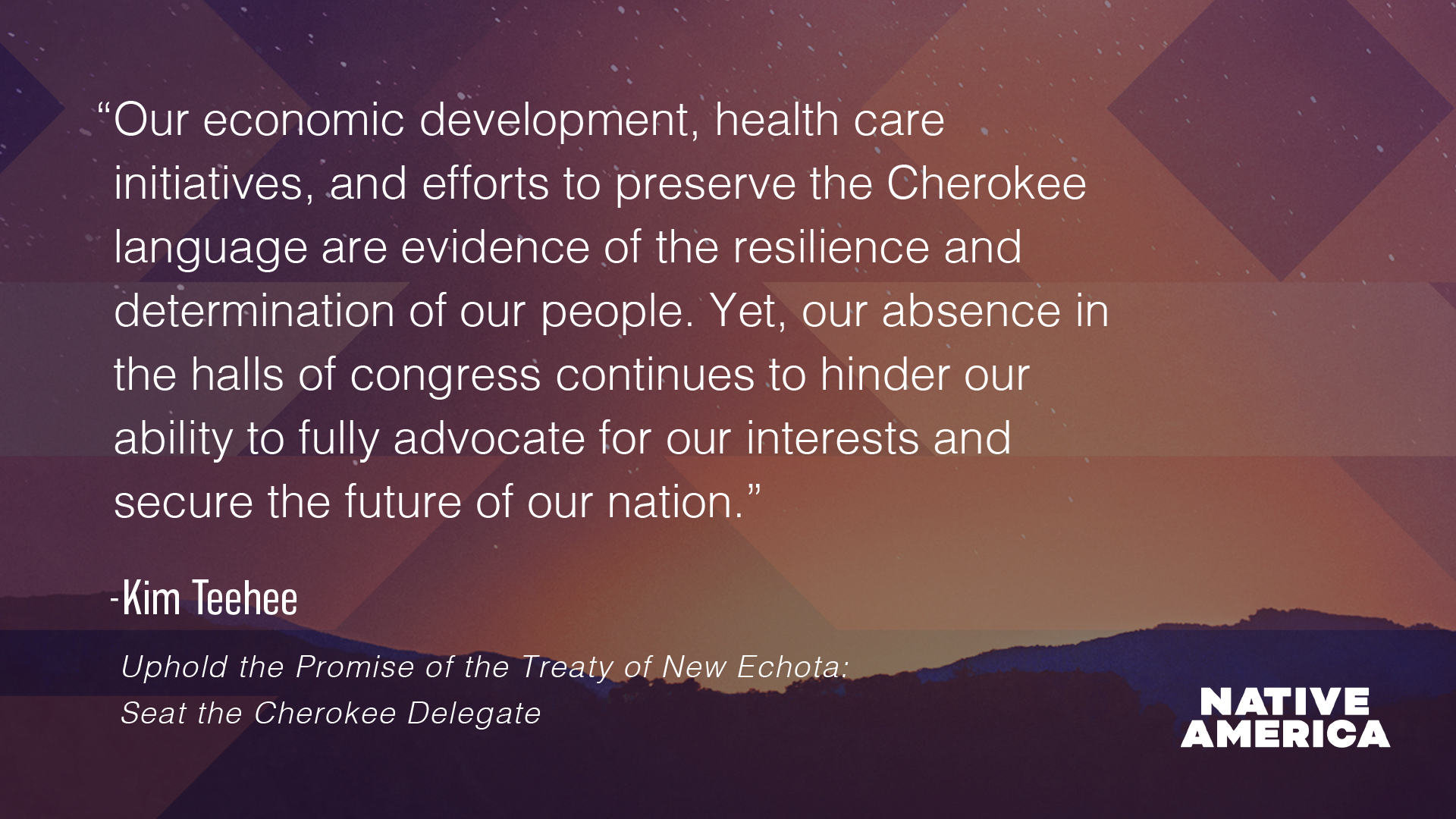Confronting Loss While Rediscovering Traditions
Editor’s Note: The opinions expressed in these stories are solely those of the authors.
Many of the stories submitted have focused on feeling disconnected from tradition by a series of forces. These forces are not unfamiliar to any of us. Religious oppression, removal of Native peoples from their homelands, and the growing urbanization of their traditional spaces have created a rift between families, communities, and heritage. However, in these sentiments of loss were also stories of rediscovery and renewal; stories of the pathways that Native Americans are rediscovering that lead back to their cultural traditions, languages, lands, and heritage in a modern landscape.
Noetta
My story is a little different than most. I grew up with very little exposure to my tribal cultures. I am Osage, Mvskoke Creek and Seminole. I grew up in Southeast Oklahoma, in Chickasaw Country. I can remember wondering why my grandmother chose to go to church instead of powwows and stomp dances. I can also remember listening to conversations between my grandmother and her sister in law. My aunt would speak Mvskoke to my grandmother and she would answer in English. I believe that has something to do with my grandmother's boarding school experience. There are some natives that were so affected by their boarding school experiences that they chose not to raise their children in the traditional ways. It wasn't until I was in college that I began to learn about the Mvskoke people, and the Osage people. I took Mvskoke language classes in college and have tried to teach my nephews and niece some of what I know. I continue to learn through apps and social media, but retaining the language is hard when there is no one to speak to. I have sought out family members to learn about the Osage people and attend In-lon-ska from time to time. It's been hard because most of my Osage family is gone and we live so far from the tribal lands. I'm learning what I can from cousins and other tribal members and again through apps and social media. It makes me see how the connection to ancestral lands is important. For those who grow up near their tribal lands, they get the advantage of learning the language and traditions of their people. For those of us who grow up without that connection, it's hard. For me, I feel incomplete and I feel like an outsider when I go to ceremony. This is another effect of colonialism. Children were lost and that pain was passed through generations. One day I plan to move to my Osage lands and learn more about being Osage. Until then, I keep learning when I can and pass on my knowledge to the next generation of my family.
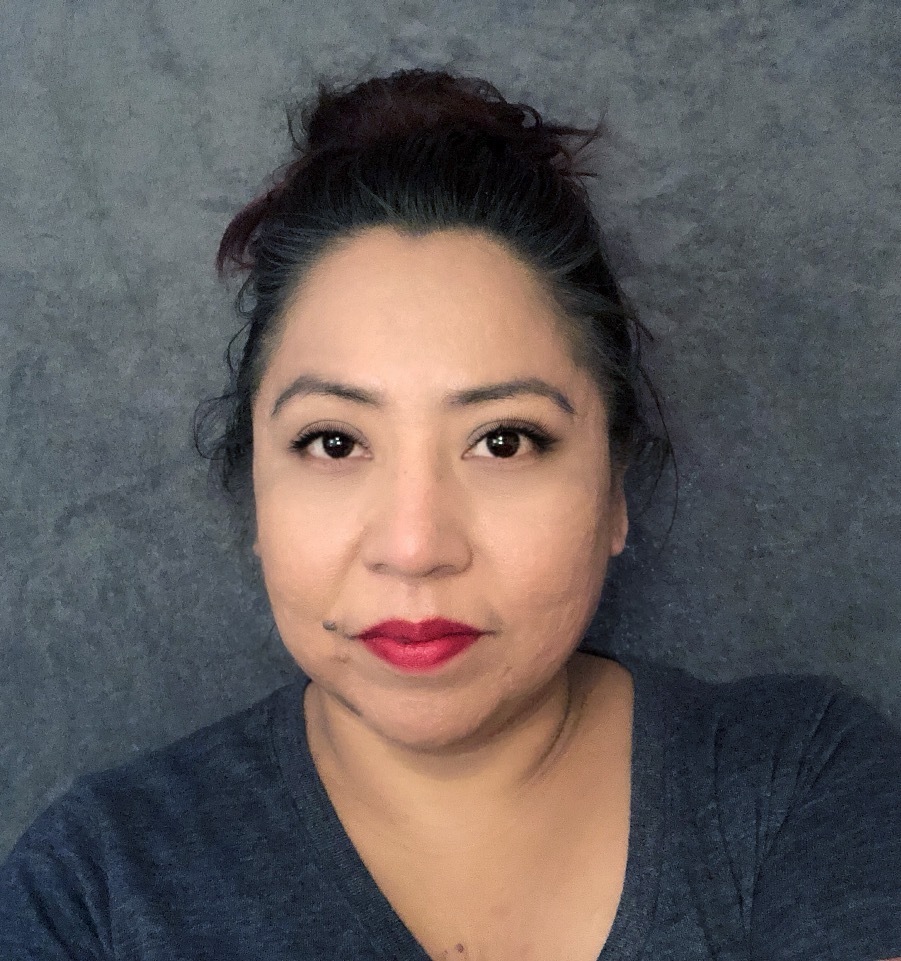
LeAnn
I was born and raised on the Navajo Nation in a small town called Tuba City, Arizona. I was taught at a young age to introduce myself to everyone and more than likely, I am related to someone by our clan system we use.
I am Zuni Edgewater born for Start of the Red Streak People Clan. My maternal grandfathers are Tangle Clan and my paternal grandfathers are Tobacco People Clan. I am beyond blessed and humbled that I was taught at a young age about my cultural heritage. I am a mother of five daughters, so the moment I became a mother for the first time is when I really thought about who is going to teach them about our culture, traditions and history? I am my daughters teacher when it comes to teaching them things about who we are as Dine people. From singing to dancing to sewing our Navajo clothing and knowing our Diné history, its me teaching them based on the knowledge I was taught while living on the Navajo reservation. I have family who help me out when I have questions about certain meanings of songs, dances, baskets, cradleboards, etc. I also use youtube to watch Navajo learning videos with my girls and find songs to sing together. Learning the basics of Navajo language is what I'm working on with my daughters. They seem to catch on better through singing. My niece who does the Navajo basket dance in Tuba City taught my oldest daughter through a recorded video of herself. I'm so blessed to have family that I can count on if I ever need their help in anyway. My mom is a seamstress and sends us Navajo attire for events we attend or are apart of when the Chicago Native community have functions going on.
Our community has a lot of events that go on throughout the year. From pow wows, to teaching how to make moccasins, how to make a drum, learn about herbal medicine plants, and so much more.
Even today I'm still learning about my culture.
We may live off the reservation but we are doing our best to not forget where we come from. This picture was taken in August of 2018. We are 4 generations Zuni Edgewater strong!
Its so easy to lose or give up and submit to just living the "city life" but for me, that's not my option. I'm an urban indigenous woman that will continue passing down cultural knowledge to my daughters and hope they will continue it as well.
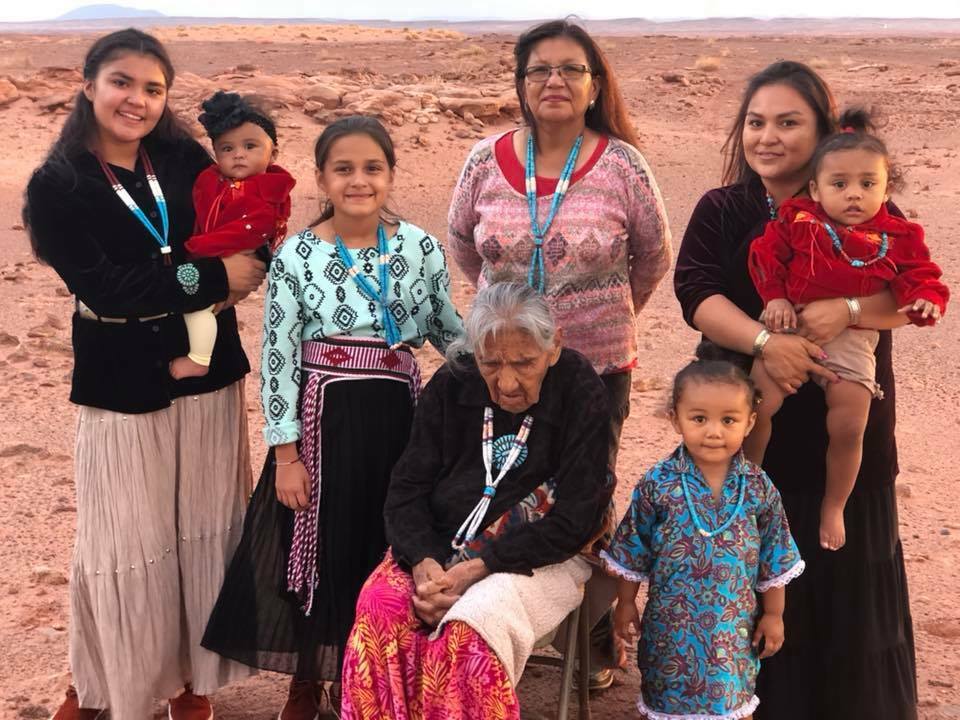
Lisa
Eastern Band Cherokee, Jicarilla Apache and Taos Pueblo
I'll make sure that my kids and grandkids are involved with the native community. We don't have a large community, but what we have, we really try to stick together and we are urban Indians here; that is what we do. When I was a little girl it was illegal to pow-wow dance and my children understand that one generation ago we couldn't. Growing up you learned how much we had so many things taken from us and one thing they can't take from you is your education.

Rance
I love to participate in native american church meetings and events such as language classes and other tribal events. My community helps out with individual knowledge, places to meet, and they help with gathering resources.
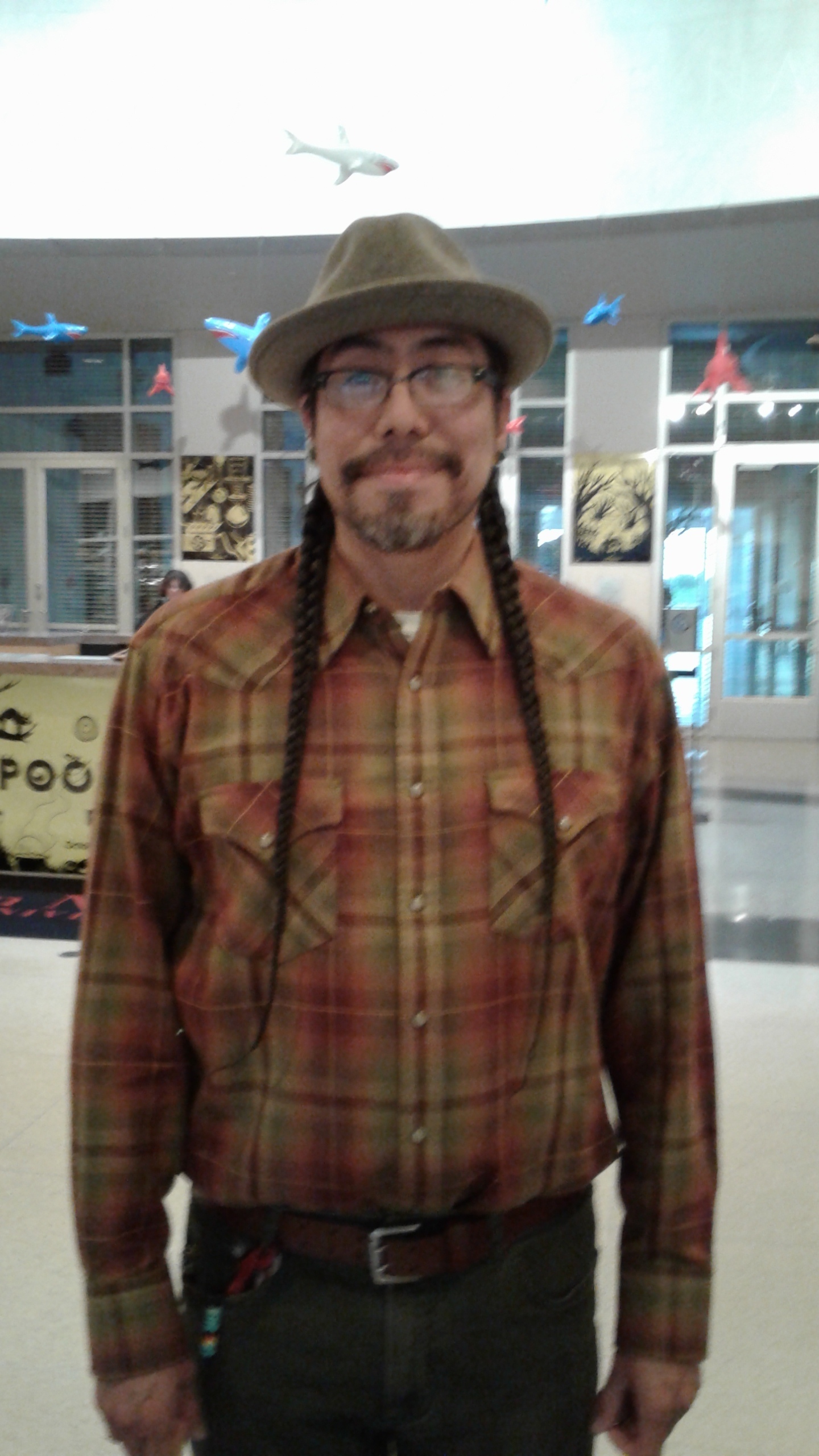
John
Tribes: Cherokee and Apache
"What I know is through my Dad. I have built a sweat lodge and use it almost monthly. I do the sweats to keep me in-tune to my heritage. The simplest way to describe a sweat lodge is it is like people going to their churches. It is a spiritual ceremony, it is a cleansing ceremony, and we do our prayers in there also."


